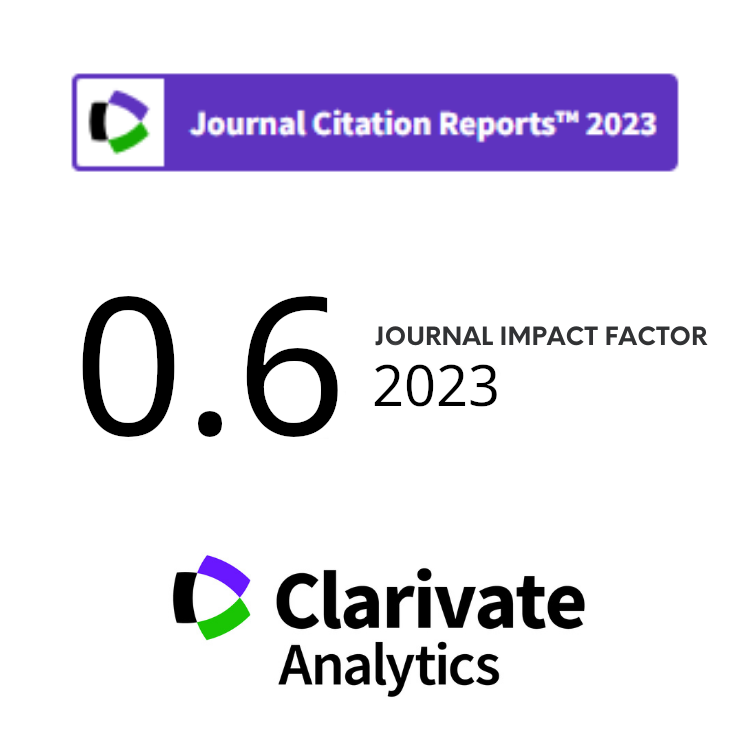Theoretical and Practical Aspects of ‘Wasteless’ Nuclear Energy
Abstract
The problem associated with the current NPP is the generation of nuclear waste and some elements in the waste have very long time of radioactivity. This paper reviews some concepts of nuclear energy generation with less nuclear waste. A concept of accelerator driven system (ADS) or energy amplifier (EA) was proposed by Carlo Rubbia, recipient of 1984 Nobel Prize in particle physics. The system is supposed to generate nuclear energy with radioactive waste of much less and shorter lifetime than those generated by present generation of nuclear power reactors. Less radioactive waste will also be generated by fusion reactions, either in hot fusion of high temperature plasma confined in a very strong magnetic field, or in cold fusion conceptually happens in muon-catalytic and lattice-trap fusions. A concept of neutronless nuclear reaction, hence activating no radioisotopes, to generate nuclear power was proposed. Present nuclear power reactors based on fission are also the source of very large number of electron neutrinos, which can be used to study neutrino oscillations.
Keywords
Nuclear waste; Accelerator driven system; Cold and hot fusion; Neutronless nuclear reactions
Full Text:
PDFDOI: https://doi.org/10.17146/aij.2008.102
Copyright (c) 2016 Atom Indonesia

This work is licensed under a Creative Commons Attribution-NonCommercial-ShareAlike 4.0 International License.











